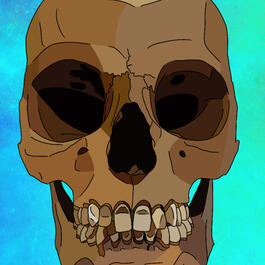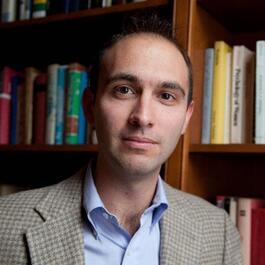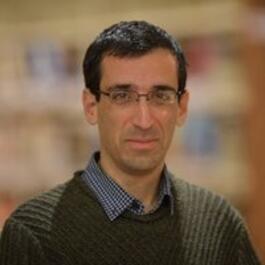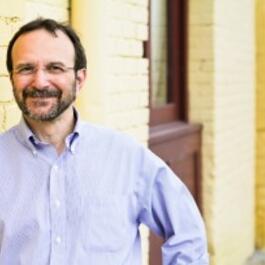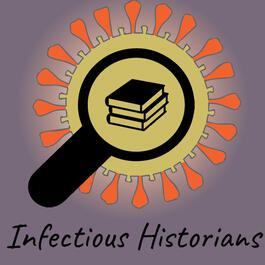
Infectious Historians
Covering infectious diseases through history from plague to COVID-19.
Show episodes
Wayne Soon (University of Minnesota) joins the Infectious Historians to chat about his work on Taiwan. Wayne begins with a survey of Covid in Taiwan, highlighting state responses and how other countries featured in Taiwan during the pandemic. The conversation then moves back to examine the impacts of the SARS epidemic
Jordan Wilson (Georgetown University) and Janet Kay (Independent Scholar) join Merle and Lee to talk about bioarchaeology in light of an article they wrote on the bioarchaeology of the first plague pandemic. The conversation starts off with an explanation of bioarchaeology, its methodologies (including bone identificat
Natalie Porter (independent scholar) joins Merle and Lee to discuss her work on Avian Flu in Vietnam. Natalie begins with an explanation of what Avian (Bird) Flu is, alongside a survey of the culling that happens when epidemics occur among birds. Natalie explains how she came to work on this topic, and shares some of h
Bianca Lopez (Southern Methodist University) joins the Infectious Historians to discuss her recent book on plague, piety and power in late medieval Italy. Lopez begins with a survey of the impact of the Black Death and subsequent second pandemic outbreaks on Italy and moves on to talk about the specific area she studie
Xiaoping Fang (Monash University) comes on the podcast to discuss his recent book about cholera’s role in mid-20th century China. Fang begins by discussing cholera broadly before moving to focus on its role in China, primarily through examining it as a public health event. Although the mortality of the cholera epidemic
Einar Wigen (University of Oslo) joins the Infectious Historians to talk about the Ottoman experience of plague. The conversation begins with a reflection on the beginning and end of epidemics, as well as the purpose of such discussions - as people bestow importance upon epidemics. It then transitions to plague in the
